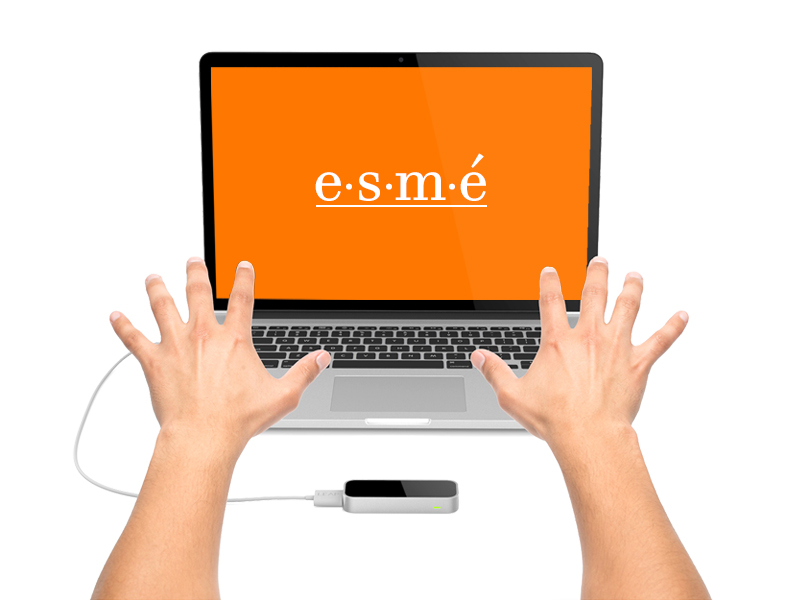We would like to invite you to the latest research seminar of the Games and Music Technology Research.
Speaker: Nathan Barrett (A Bournemouth University PhD student based at Salisbury NHS).
Title: Enhanced Rehabilitation Of The Upper Limb Following Stroke By An Adaptive Virtual Reality And FES Approach
Time: 2:00PM-3:00PM
Date: Wednesday 30th November 2016
Room: PG11, Poole House, Talbot Campus
Abstract: Of the approximately 150,000 people a year who suffer a stroke in the UK, 85% of survivors are left with some degree of motor dysfunction in their upper limb. Complete functional recovery has been found to occur in just 5% to 34% of cases. These low rates may be due to rehabilitative interventions that lack the volumes of specific motor practice needed to induce neuroplasticity – a form of cortical rewiring that allows the brain to adapt after damage. Assistive technologies, such as Functional Electrical Stimulation (FES) and virtual games, can augment such therapy and may be beneficial to a person’s recovery.
FES is a type of electrotherapy which has good clinical evidence for its use. Electrically-stimulated movements, however, often lack combined voluntary effort – a factor necessary to aid effectiveness. Virtual games, on the other hand, often inspire huge amounts of volitional movement, although, particularly with popular commercial devices, this movement isn’t always therapeutic.
Combining the two is therefore an attractive prospect, yet attempts at this have resulted in systems that are costly, immobile and commercially unavailable. There is therefore a need to combine the two within a system that fulfils the criteria for an effective assistive technology. The system, Esmé (the Electrically-Stimulated Movement and game Environment), is currently in development. This seminar provides an overview of the project and discusses next steps.
We hope to see you there.











 Conversation article: London Marathon – how visually impaired people run
Conversation article: London Marathon – how visually impaired people run Horizon Europe News – December 2023
Horizon Europe News – December 2023